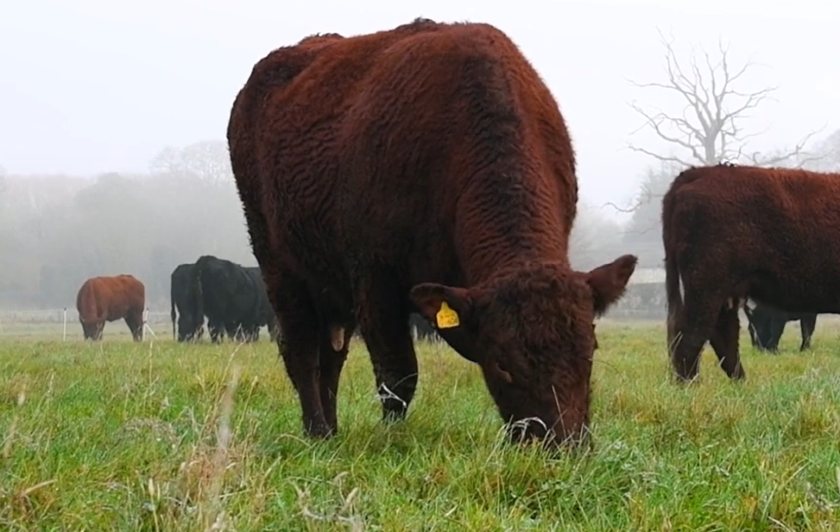
McDonald's UK have initiated a project to better understand the benefits of farming regeneratively using adaptive multi-paddock (AMP) grazing for cattle.
AMP grazing involves each farm having a bespoke grazing plan, and decisions are made based on principles rather than prescriptions.
Regenerative principles include no bare soil, maximising root depth by leaving grass to grow long and optimising animal impact, through intensive grazing and long periods of rest.
The findings will be used to develop a learning platform for UK and Irish beef producers making the transition on their own farms.
McDonald's UK & Ireland has teamed up with agricultural consultancy FAI Farms Ltd to spearhead the project.
Clare Hill, regenerative farming director at FAI Farms, said regenerative agriculture represented a path towards a new climate future.
"By working with nature we manage our livestock and crops with the purpose of reviving the health and vitality of our rural ecosystems and communities.”
But this different approach to farming required a change of mindset of those working on the farm, Ms Hill said.
“We see things differently now. We look for root causes to problems, rather than treating symptoms – like thistle or dock plants," she added.
"We are growing more grass and keeping our soil covered helping with flood and drought resilience, and our daily liveweight gains are better than our previous set stocked system.”
The scope for scaling regenerative agriculture across whole supply chains and understanding the methods for transitioning large farms in the UK's temperate climate is relatively unexplored.
FAI and McDonald’s will investigate what transition across more farms might look like by reviewing the ethical, environmental and economic impact of this approach on FAI’s own farm.
This will ensure detailed monitoring of metrics such as soil biology, carbon emissions, animal behaviour, and daily live weight gains.
Harriet Wilson, agriculture sourcing manager at McDonald’s UK, said grazing systems provided an opportunity to futureproof the beef industry and drive more resilient production.
"This programme will create a roadmap to ensure our future beef supply contributes to a sustainable food system where people, local communities, animals and the planet can thrive."
